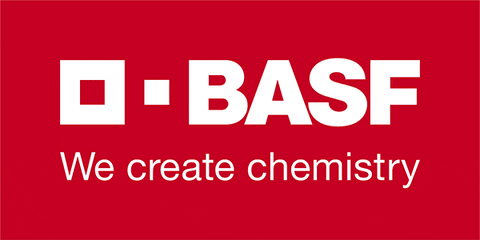
First polyacrylate-based superabsorbent polymer with a zero carbon footprint for the hygiene industry
Combines the use of renewable energies and renewable raw materials according to the biomass balance approach
Supports customers' sustainability goals
With the launch of HySorb® B 6610 ZeroPCF, BASF is taking the next step in expanding its sustainable portfolio. HySorb® B 6610 ZeroPCF is the first polyacrylate-based superabsorbent polymer (SAP) for the hygiene industry with a CO
2
-footprint ("Product Carbon Footprint", PCF1) of zero. This is achieved by using renewable energies in addition to the established biomass balance approach (BMB) in the production process at the Antwerp Verbund site. HySorb® B 6610 ZeroPCF is ISCC PLUS certified.
"According to our customers, the short-term sustainability driver in the hygiene industry is a reduced carbon footprint. With HySorb® B 6610 ZeroPCF, we offer a solution that helps our customers in the hygiene industry in Europe, the Middle East and Africa to achieve their own sustainability goals by reducing their Scope 3 footprint2. HySorb® B 6610 ZeroPCF is a drop-in solution that does not require any adaptation of a diaper production line and our customers do not have to compromise on product quality and performance, just like with our established HySorb® B 6610 BMB," says Maraike Ahlf, Head of Global Marketing & Strategy SAP at BASF.
BASF is now offering HySorb® B 6610 ZeroPCF and HySorb® B 6610 BMB to support its customers in their sustainability transformation.
Further information on HySorb® B 6610 ZeroPCF can be found on our website.
1) The calculation of the Product Carbon Footprint (PCF) for conventional products follows the requirements and guidelines according to ISO 14067:2018. TÜV Rheinland has determined in a method review that the PCF (SCOTT) methodology developed and used by BASF SE is scientifically sound, in line with ISO 14067:2018 and the Together for Sustainability PCF guideline and reflects the state of the art (ID no. 0000080389: BASF SE - Certipedia).
2) Scope 3 - Applicability depends on the individual objectives of the customer and is the responsibility of the customer.
About the Petrochemicals division of BASF
The Petrochemicals division is the starting point of BASF's petrochemical value chains worldwide. We operate highly competitive plants with best-in-class technologies and set standards in the areas of safety, sustainability, operational excellence and cost competitiveness. With six Verbund sites and several larger production sites, we are close to our customers and represented in the world's largest chemical markets. The division supplies various value chains in the company and a large number of customer industries with high-quality chemicals, puts our customers at the center and thus contributes to BASF's organic growth. Our portfolio includes cracker products, industrial gases, acrylic monomers and acrylates, superabsorbents, styrenic foams, alkylene oxides, glycols, alcohols, solvents and plasticizers. In 2023, the Petrochemicals division generated sales with third parties of around 7.4 billion euros. Further information can be found at http://www.petrochemikalien.basf.com.
About BASF
Chemistry for a sustainable future, that's what BASF stands for. We combine economic success with environmental protection and social responsibility. Around 112,000 employees in the BASF Group contribute to the success of our customers in almost every industry and in almost every country in the world. Our portfolio comprises six segments: Chemicals, Materials, Industrial Solutions, Surface Technologies, Nutrition & Care and Agricultural Solutions. BASF achieved global sales of €68.9 billion in 2023. BASF shares are traded on the Frankfurt Stock Exchange (BAS) and as American Depositary Receipts (BASFY) in the USA. Further information at www.basf.com.
